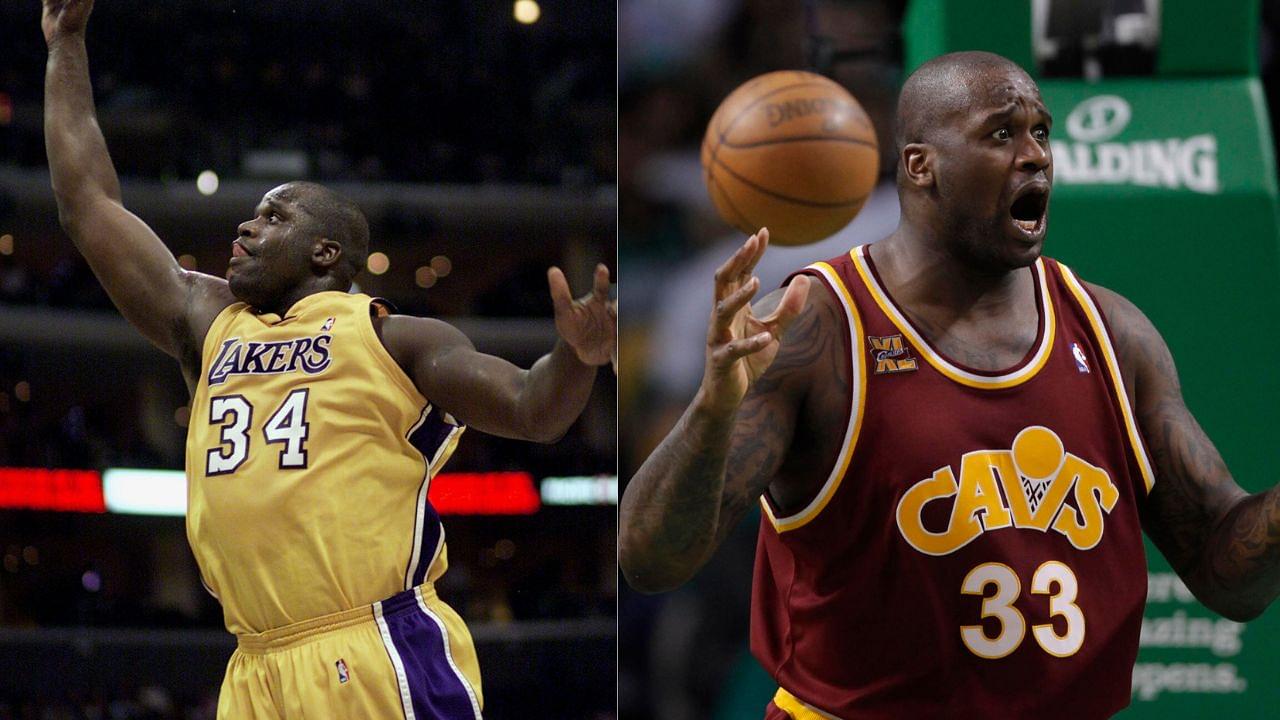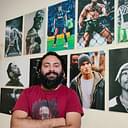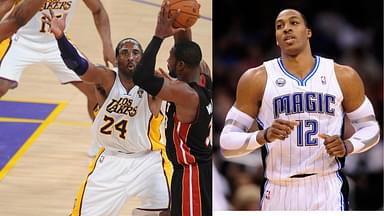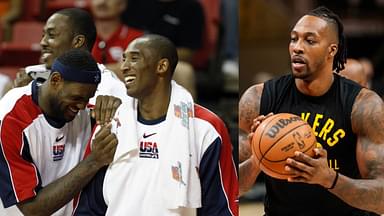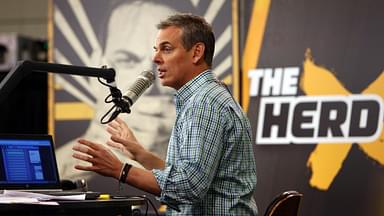One of the toughest things in an NBA athlete’s life is getting traded from one city to another on short notice, which often compels them to uproot their home and shift to another location within months, sometimes even days. Despite being the most dominant athlete on the court during his career, Shaquille O’Neal has had his fair share of experience with getting traded. On a recent episode of the Pound 4 Pound podcast with Kamaru Usman and Henry Cejudo, Shaq let out his frustration regarding some of the trades of his career. He also detailed how he used those moments to become a better player for his next team.
Advertisement
During the show, former UFC Flyweight Champion, Cejudo, asked Shaq about his trade from Orlando to LA and then LA to Miami, and how he was not even consulted by the team before being traded. The big fella said that the military upbringing he underwent because of his Sergeant father had helped him tackle those situations. However, it did affect him to an extent. But Shaq always managed to use it to his advantage. He said, “I have the same mentality as you guys, I’m a fighter.”
Shaq further added that the killer instinct that he always showcased on the court was a result of being disrespected by his former teams. He said, “Oh, you don’t want me LA? No problem. You don’t want me Miami? No problem. That just motivates me.” According to the Hall of Famer, he bottled those emotions inside him and then unloaded all of it when he stepped foot on the court. He said, “Oh, I ain’t sh*t? Okay. I want to punch you in your f**king face, but I can’t. I ain’t sh*t? Okay, watch what happens this next game.” Shaq said that it was his only way of releasing the animosity gathered inside him.
An athlete getting traded, especially out of the blue, has a real effect on their life. It’s not only about them having to switch teams and get used to a new environment, but their families also get uprooted because of these decisions. Shaq’s first born, Taahirah O’Neal also spoke about her dad being traded to Miami. She once said on the Do I Know You? podcast, “I was so mad at the Lakers. The whole organization could have got these hands.”
Shaquille O’Neal’s LA to Miami trade saga
The Lakers dominated the beginning of the 2000s in the NBA with Shaq and the late, great Kobe Bryant doing the last three-peat in the league till date. However, soon the dynasty had to be broken up as tensions escalated between the two stars of the franchise. Shaq was signed by the Lakers in the summer of 1996 as a free agent, the same year they drafted Kobe. These two then went on to become arguably the greatest duo the sport has ever seen. However, that was all about their on-court conquests, off the court, they couldn’t see eye to eye.
From getting into fights to throwing each other under the bus, Shaq and Kobe went through a very turbulent period that lasted several years. However, it reached its breaking point when the Lakers lost to the Detroit Pistons in the 2004 NBA Finals. According to reports on this issue, Kobe wanted to lead the franchise himself and the management was feeling the pressure of having to choose between him and Shaq. In the end, the Lakers decided to stick with Kobe. Therefore, they traded Shaq to Miami and acquired Lamar Odom, Caron Butler, and Brian Grant.
